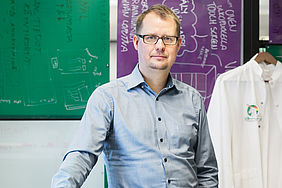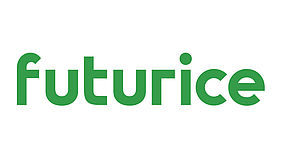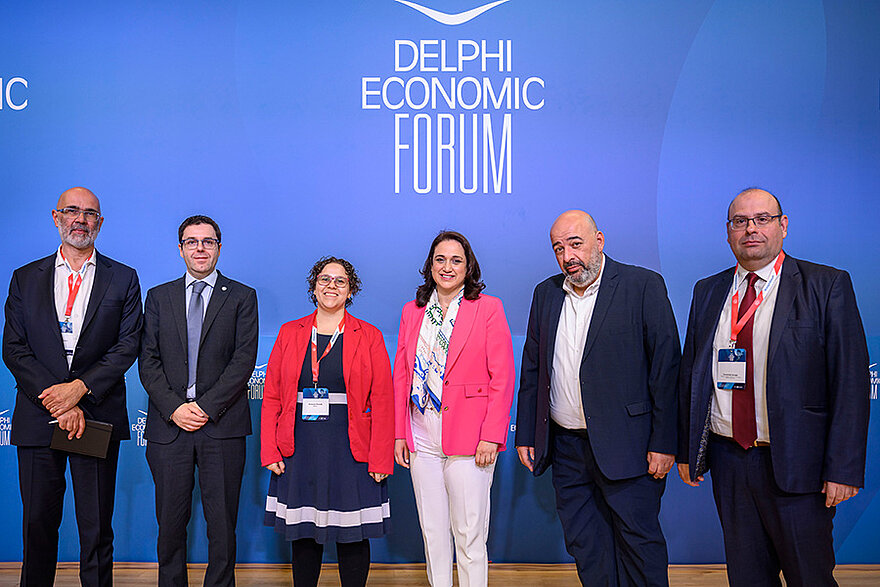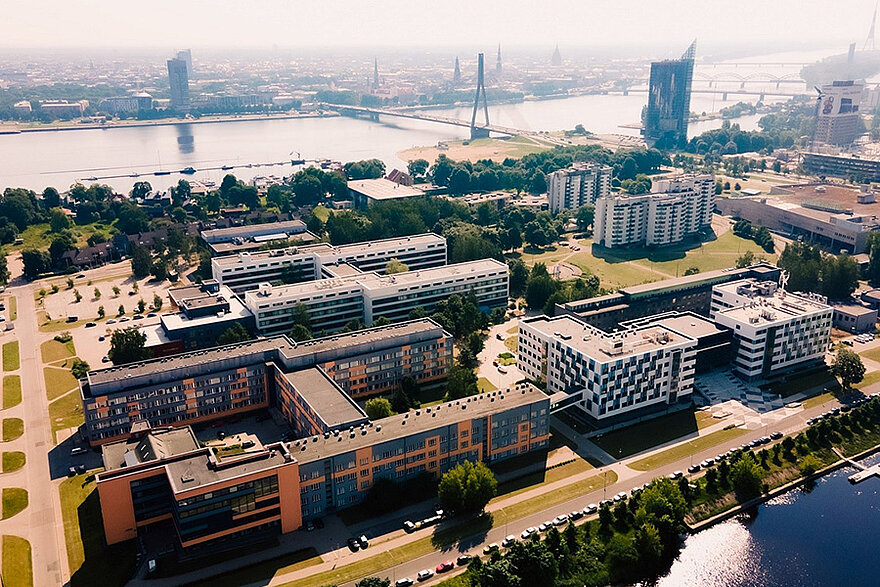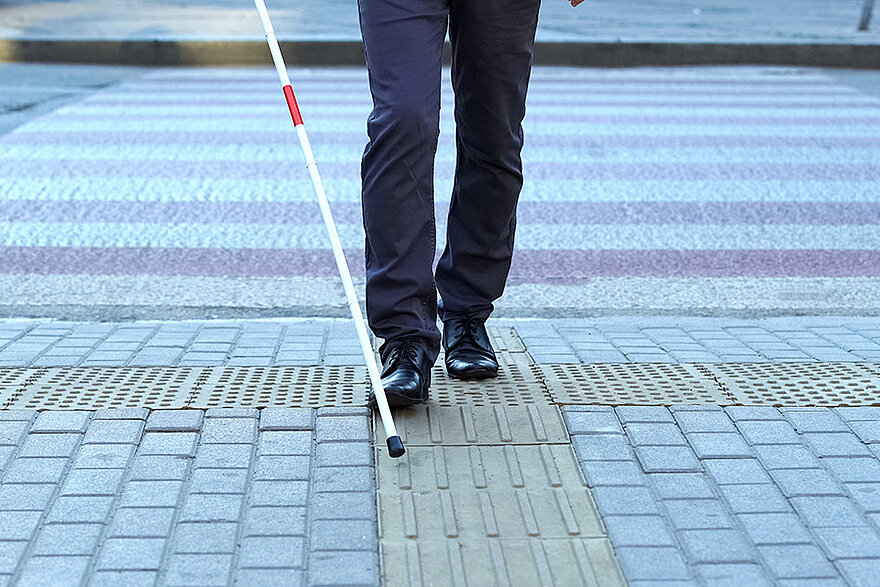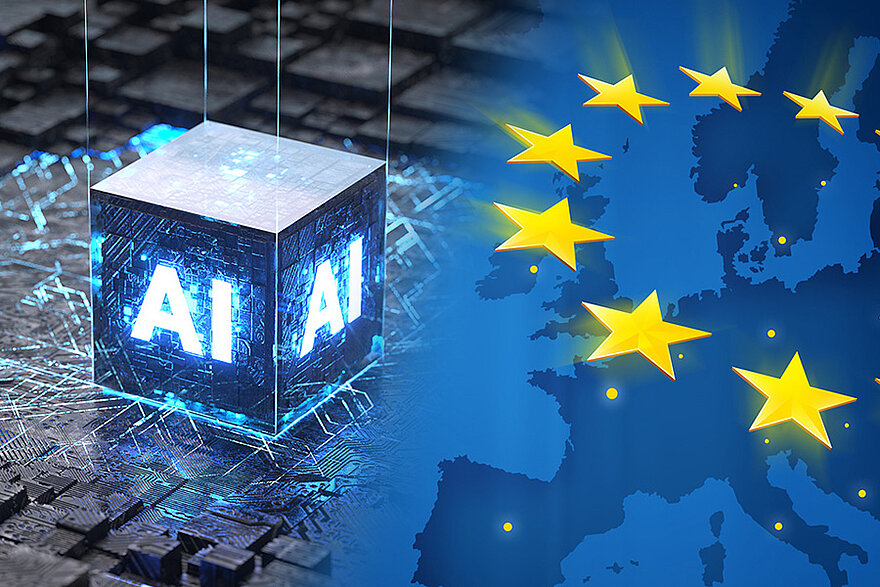The concept of industrial doctorates is, according to Teemu Moisala, CEO Futurice Finland, a smart response to a changing world. "You can directly apply academic thinking and frameworks to customer cases." This, he experienced already now when having an EIT Digital industrial doctorate in his firm since September 2017.
When visiting Futurice's head office, you feel like you've arrived at a vibrant, hipster coffee bar. One of the employees is making a strong and tasty cappuccino on a big Italian coffee machine. There are tables and chairs in mixed styles, seating areas and banks, hanging chairs and a moon-shaped tribune with pillows in all colours. "We have frequent meetups here to share knowledge at all times of the day,. It is all part of our ‘people-first' culture, of which we are very proud," says Moisala. "It is always crowded and inspiring here. People can both meet and work in this space."
Futurice
The Helsinki office is one of Futurice's offices in Europe. Founded in Helsinki, in 2000, Futurice now also holds offices in Berlin, London, Tampere, Stockholm and Munich and employs more than four hundred employees. This EIT Digital partner recently opened its doors in Oslo too.
The company believes that the future is digital and "made of software". From this philosophy, it helps companies build new business through digital. Amongst the 200 customers who knock on the door for consultancy are BMW Group, Carglass, E.on, Helsinki Vantaa- Airport and Nordea.
"Businesses in all sectors are moving away from physical to online. The services part of business is getting more important, even in manufacturing, and digital is a good enabler for that. There is rising interest in artificial Intelligence (AI) and data and how to do business with that. We guide companies towards digital.""
Industrial doctorate
To keep up with digital transformation, Futurice, facilitates the EIT Digital industrial doctor student Petri Rikkinen since last September. Rikkinen researches, under the academic supervision of Aalto University in Helsinki, Futurice's assignment on how applied mathematics & future scenarios can support strategic decision making.
Apply academic research directly
Moisala already has seen a clear crossover between Rikkinen's research and Futurice's business in just six months.
 "Rikkinen brings us academic thinking and frameworks that can be used in the customer cases we are working on," says Moisala. "Rikkinen creates a good combination of deeper thinking and knowledge around digital transformation and we can directly use his academic findings for our business. In this way, we are deep diving into areas to strengthen our knowledge and apply this to the business as quickly as possible. The industrial doctorate strengthens Futurice's consultancy power."
"Rikkinen brings us academic thinking and frameworks that can be used in the customer cases we are working on," says Moisala. "Rikkinen creates a good combination of deeper thinking and knowledge around digital transformation and we can directly use his academic findings for our business. In this way, we are deep diving into areas to strengthen our knowledge and apply this to the business as quickly as possible. The industrial doctorate strengthens Futurice's consultancy power."
Directly validate research
On the contrary, Rikkinen himself sees that working in a company doing his research helps his academic research. He can directly validate his own research findings in real-life scenarios. He recently shared a case study on the future of payments during the EIT Digital Doctoral School meetup: What is going on with Digital Industry? on 26 April.
Applying research to business is key
Alongside Rikkinen, Futurice is also facilitating ten to twenty 'normal' PhDs. Moisala clearly sees differences. "PhD students are more focused on their studies than on the business. You have to wait a few years for the results. We are a consultancy company, we don't have time for long developmental activities. Overall, industrial doctorates are closer to the business. To apply research to business is key here. Also, I would like to emphasise that the entrepreneurial and innovative mindset the industrial doctorate is developing in this programme is very important to us. When you combine these different competences, magic happens."
Need for developers
"Collaboration with the academic world is a must," says Moisala. "I would welcome working more closely together with the academic world to help academia prepare their students for work."
Futurice is a fast-growing company, with many new job roles containing functions that did not exist a few years' ago. That will be the case in the coming future as well. Here lies a difficult match between what the industry needs and which skills the academic world delivers. "It is all about the right skills. The digital transformation needs more technical people. For example, Finland is looking for about 9,000 now."
Reform higher education to meet industry needs
Moisala has some ideas on how to reform higher education to meet the needs of industry. First, he says, there needs to be a long-term understanding of the industry needs in terms of skills and how to increase the amount of graduate positions. Second, Moisala would like to see a close collaboration between business and academia on a curriculum that matches those industry needs. Finally, Moisala suggests making use of existing scenarios so the students learn to solve real-life problems. "Students apply what they learn and it gives them a good flavour of how business works in practice. It's just like what we do at the <link eit-digital-academy summer-schools>EIT Digital Summer Schools in Helsinki and Munchen which we have facilitated and where we used our Lean Service Creation methodology."
Lifelong learning
Having skills is one thing, maintaining and developing them is another. "Digital will have impact on society. What is important is a lifelong learning approach. Individuals and companies need to take a bigger role in providing this opportunity. You should constantly review your skills because the world is changing fast."
Open ecosystem
Futurice's answer in this fast-changing world is collaboration on a global playing field. "I believe in an open ecosystem. We want to be a frontrunner in the digital economy and act globally with what we call the concept of family companies to proactively drive our future. In this Futurice family, we can take other companies on board as well. Extending our network like this allows us to better monitor what is happening, to identify trends and be able to adopt them and lead the way. It also offers our people a wider variety of career options and is a part of the learning platform that helps our people reach their full potential. We need super-talented people with a forward-thinking mindset."
Cultural transformation
To Moisala, the digital transformation is basically a cultural transformation. Without a cultural transformation, there is no way companies can survive in the digital world, he states.
"Digital transformation is changing the value chains and that opens up new opportunities for enterprise innovation. More and more change is about culture; about transparency, autonomy, and empowering people to be part of this journey. There will be new models, more partnerships, and ecosystem thinking." Putting actions to those words, Futurice is continuously working on its own culture which it describes in a culture handbook.
Do and learn
Strong relationships will be crucial to speed up innovations. "The digital era enables new players to enter in your domain. You have to be quick. The world does not lack ideas, but you need to validate them fast. And fail fast if needed. That is what I am after here: to export current business and explore new opportunities at the same time. The idea of let's plan and implement for the long term is behind us as the market will have most likely changed by then. You need to be adaptive, you need to build and learn. We believe in the lean startup thinking. We believe that the world is changing so fast and therefore you cannot plan your future, but you have to build it instead. That is the mindset: you do and then you learn. Industrial doctorates perfectly fit in here."
